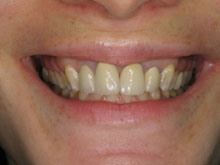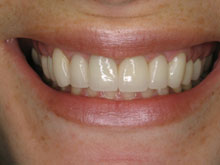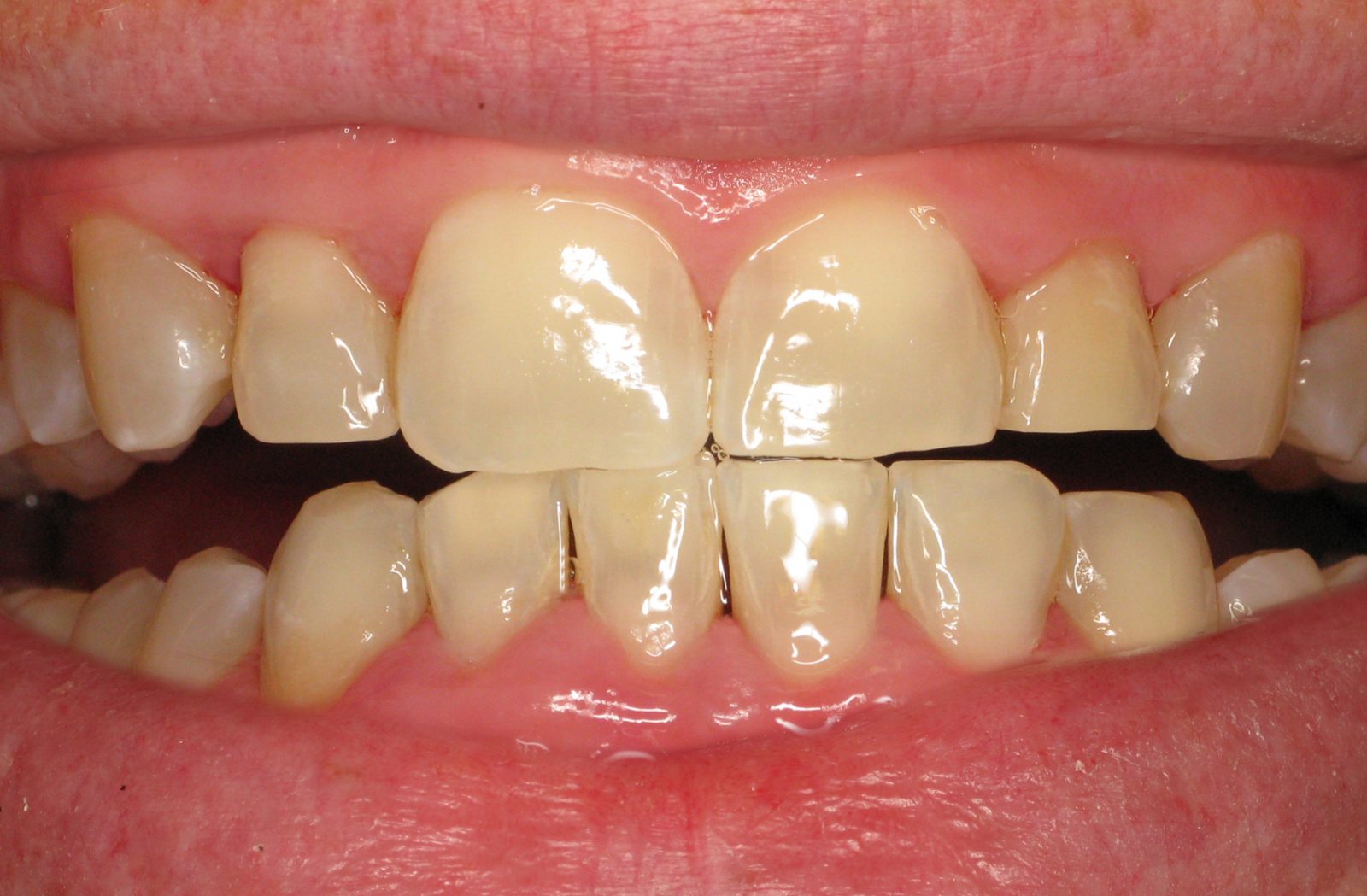Are There Specific Medications or Mouthwashes Recommended for Bleeding Gums?

Several medications and mouthwashes are recommended to help address bleeding gums, particularly in gum disease. It’s important to note that these recommendations may vary based on the specific needs and conditions of the individual.
Here are some commonly recommended options:
- Antimicrobial Mouthwashes: Mouthwashes containing antimicrobial agents, such as chlorhexidine, are often recommended to help reduce bacterial activity in the oral cavity. These mouthwashes can be effective in controlling plaque and preventing the progression of gum disease. Following usage instructions and consulting with a dentist is crucial, as prolonged use may lead to side effects.
- Fluoride Mouthwashes: Fluoride mouthwashes help strengthen tooth enamel and can be beneficial in preventing tooth decay. While not directly targeting bleeding gums, fluoride plays a role in oral health, reducing the risk of complications contributing to gum issues.
- Prescription Antibiotics: A dentist may prescribe oral antibiotics in cases of advanced gum disease with signs of infection. These medications aim to control bacterial infection and inflammation, contributing to the reduction of bleeding gums. It’s essential to complete the full course of antibiotics as prescribed.
- Non-Prescription Antiseptic Mouthwashes: Over-the-counter antiseptic mouthwashes containing ingredients like cetylpyridinium chloride may help reduce plaque and bacteria, contributing to improved gum health. These are generally milder than prescription alternatives and can be part of a regular oral hygiene routine.
- Prescription Antiseptic Rinse: In some cases, dentists may recommend prescription-strength antiseptic mouthwashes to address specific oral health concerns. These rinses can have a more targeted effect on reducing bacteria and inflammation.
- Nonsteroidal Anti-Inflammatory Drugs (NSAIDs): Pain relievers and anti-inflammatory medications may be recommended in cases where bleeding gums are associated with significant discomfort. These medications can help manage pain and inflammation, providing overall comfort during treatment.
Individuals must consult with their dentist or healthcare professional before using any medications or mouthwashes, especially if pre-existing health conditions or concerns about potential interactions exist. Personalized recommendations based on the individual’s oral health status and medical history ensure these products are safe and effective for addressing bleeding gums. Additionally, these interventions should be complemented by professional dental care and consistent oral hygiene practices for optimal results.






